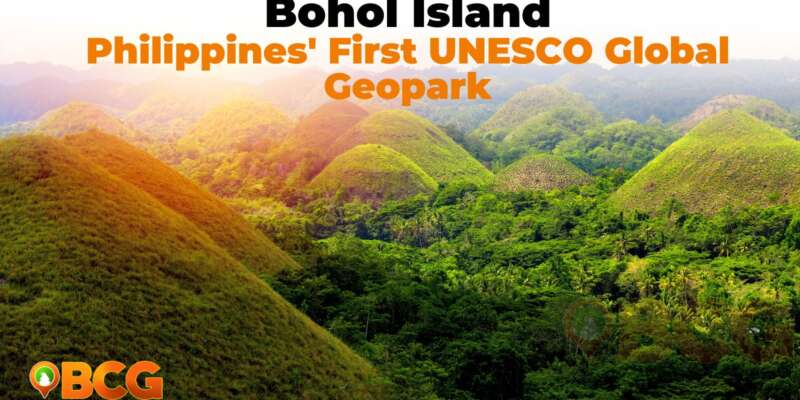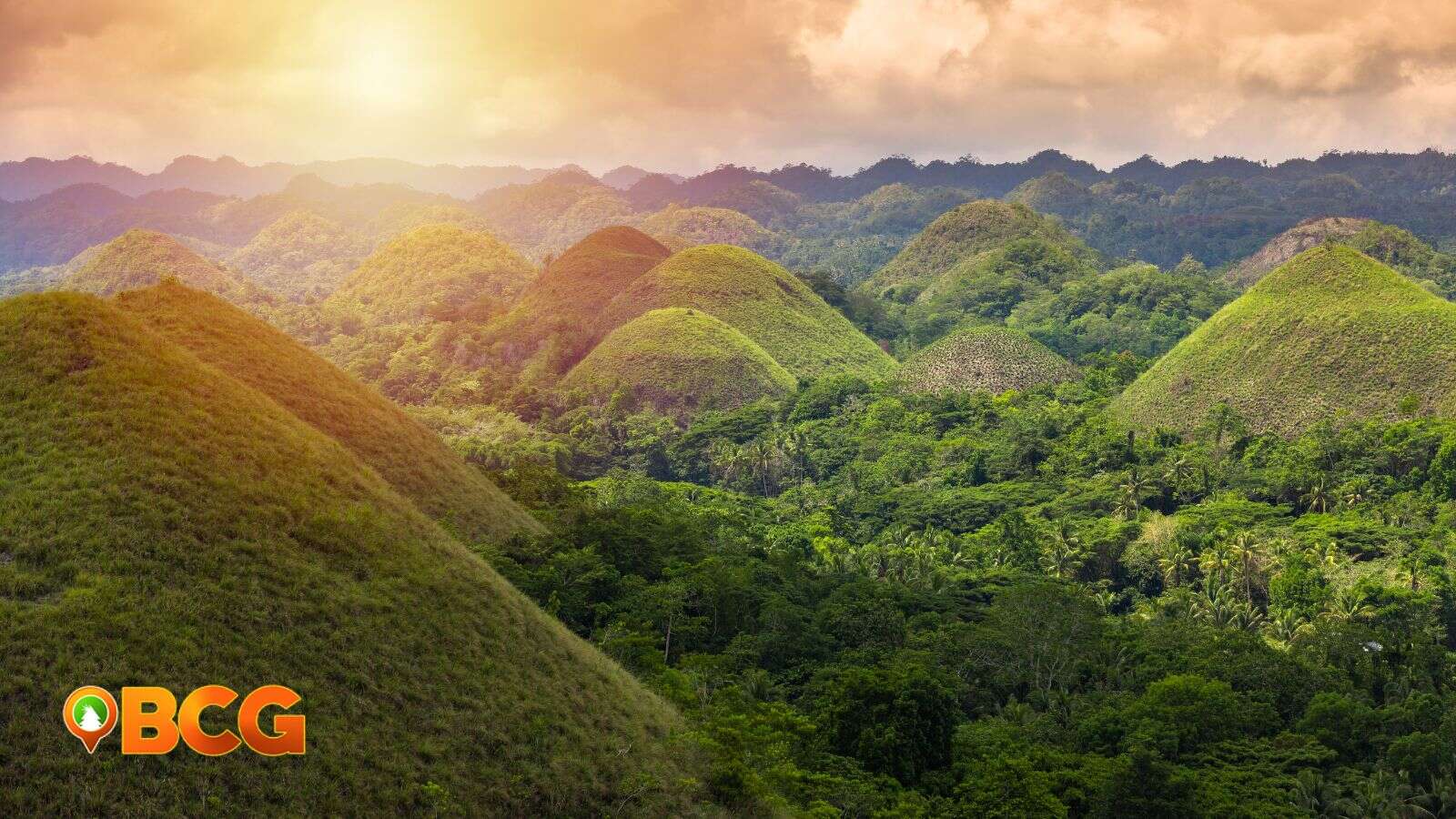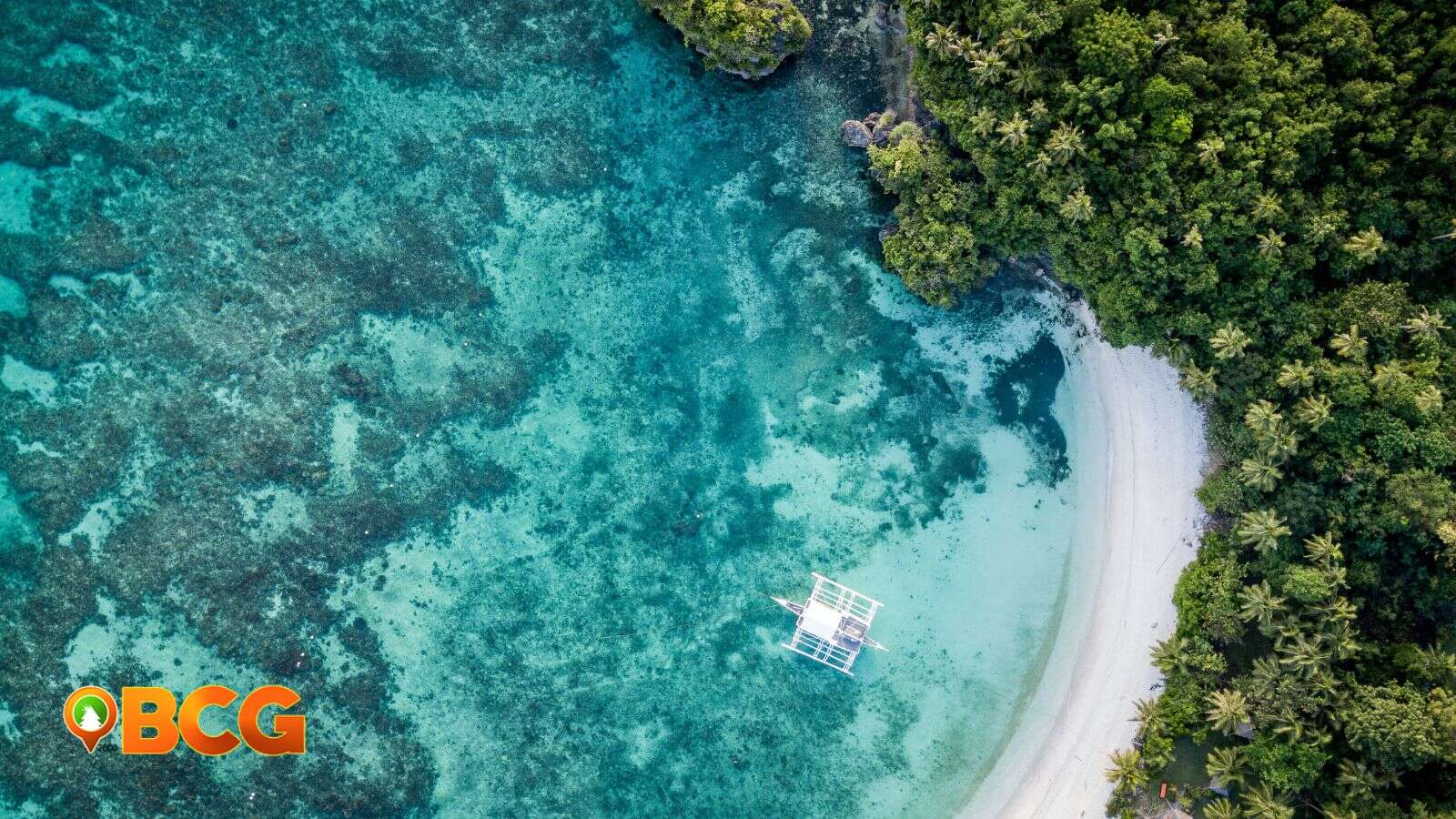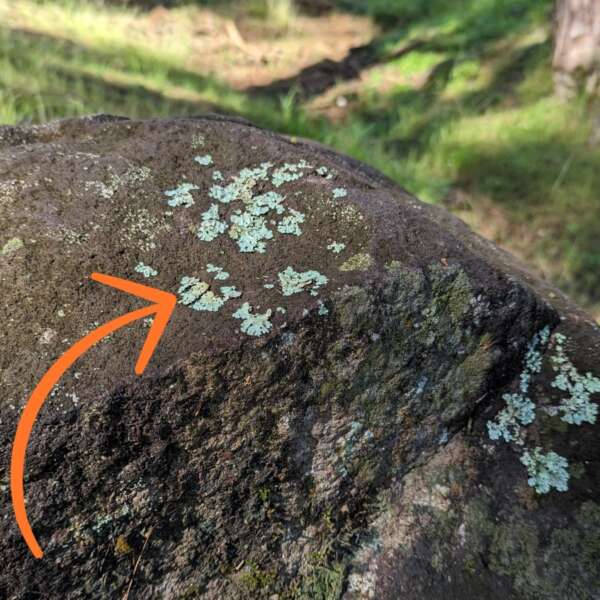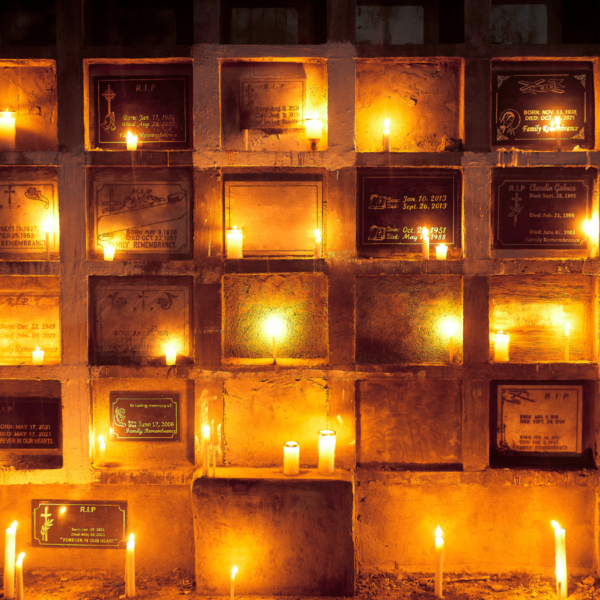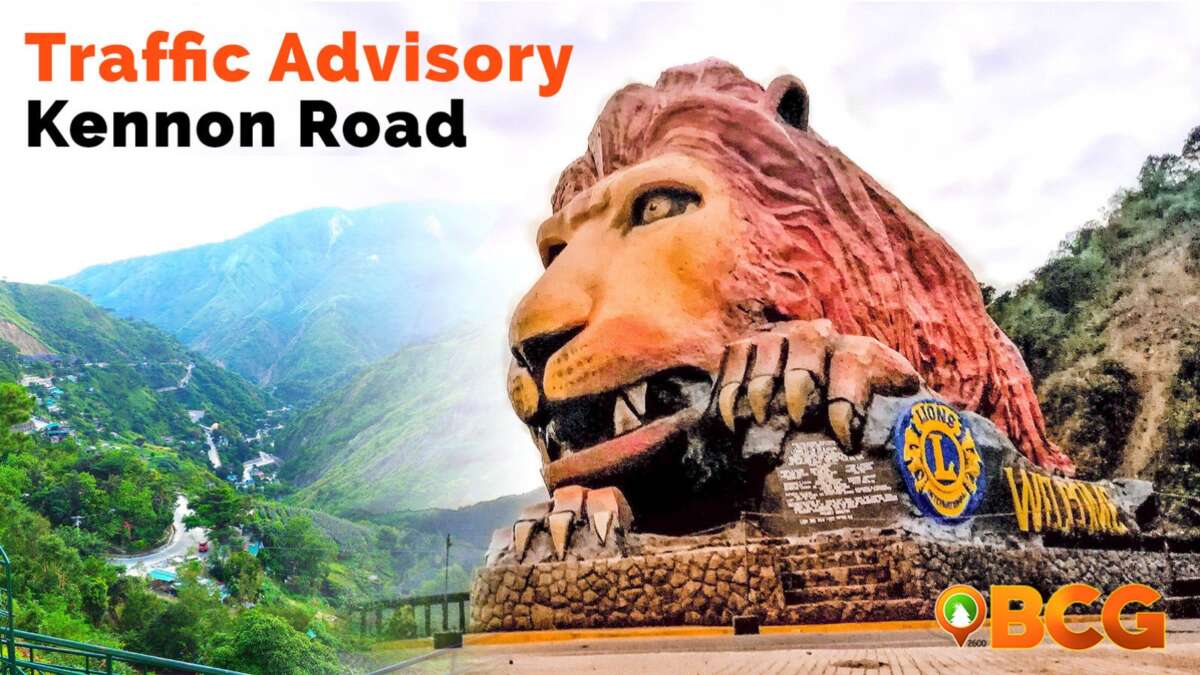Bohol Island: Philippines’ First UNESCO Global Geopark
The United Nations Educational, Scientific and Cultural Organization (UNESCO) has recognized Bohol Island as the Philippines’ first Global Geopark, a significant milestone that highlights the country’s rich geological and cultural heritage. This announcement was made on May 25, 2023, and reflects the island’s unique geological structures, diverse biodiversity, and cultural significance.
Bohol Island, located in the Visayas group of islands, is renowned for its karstic structures such as caves, sinkholes, cone karst, and the popular Chocolate Hills. These geological features have been formed over millions of years and provide a stunning backdrop to the island’s beautiful landscapes and biodiversity.
Another notable highlight of Bohol is the Danajon Double Barrier Reef, one of just six documented double barrier reefs in the world and the only one in Southeast Asia. This rare and significant marine ecosystem adds to the island’s geological diversity and serves as a crucial habitat for a variety of marine life.
UNESCO’s recognition of Bohol as a Global Geopark signifies the growing significance of the island as a prime eco-cultural destination. The island’s pristine white sand beaches, renowned diving spots, striking geological formations, and rich biodiversity, coupled with its cultural heritage, make it an attractive location for sustainable tourism.
The Bohol Island Geopark has welcomed this recognition and called for cooperation from both public and private sectors. The goal is to foster the promotion and practice of geoheritage conservation, geoscience education, environmental awareness, cultural heritage preservation, and sustainable development within the geopark. These efforts align with the mission of Global Geoparks, which seek to influence communities in conserving geological heritage and promoting sustainable development.
Along with Bohol, UNESCO has added 17 other sites to its Global Geoparks network, bringing the total number of sites to 195. Each of these sites has been recognized for their unique geological heritage and their efforts to promote sustainable practices and community engagement.
The recognition of Bohol Island as a UNESCO Global Geopark is indeed a momentous achievement for the Philippines. It not only brings global attention to the country’s rich geoheritage but also underscores the importance of sustainable practices and community engagement in preserving and showcasing these unique natural features.
As the first Global Geopark in the Philippines, Bohol sets a precedent and serves as a model for other regions in the country to strive for sustainable development while preserving their natural and cultural heritage.

